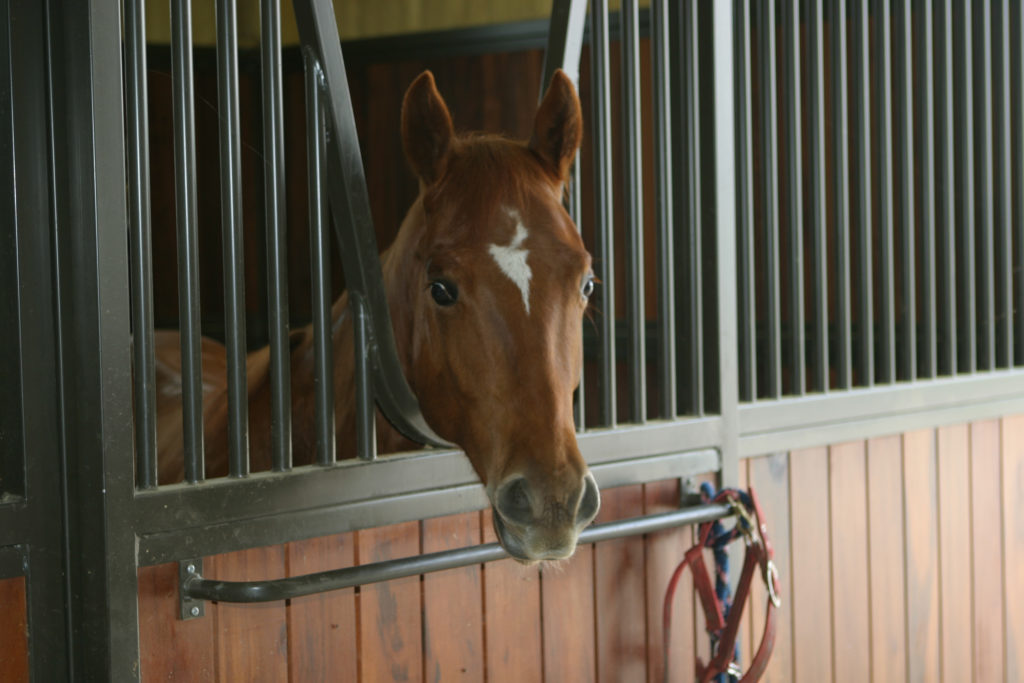When a pandemic limits or prohibits clients from stopping by it’s still possible to keep clients connected and progressing in their training. When New York state restricted boarders’ access to stables, CHA Regional Director and Certifier Valerie McCloskey from Rome, New York got creative. Here she shares how she’s staying connected with clients at her Whisper Wind Equestrian Centre facility when they can’t be there in-person.
Groundwork Mondays
McCloskey requires boarders to take one lesson a week. When her state’s emergency response plan prohibited visitors, she knew the horses needed to stay in shape. In addition to riding the horses for clients, she introduced “Groundwork Mondays.”
“We take five second video clips of the horses in groundwork sessions and send it to each owner with a little feedback report,” she says. “It lets everybody know how their horse did and gives them a chance to see their horse.”
Virtual lessons
Teaching on digital platforms isn’t a new concept. Skype, GoogleHangouts, FaceTime and other platforms make it convenient for off-site, real-time coaching sessions.
“The rider wears a blue tooth device to hear me, while someone on the ground videos them,” says McCloskey.
If a live coaching session isn’t an option, clients submit a video for review. She watches and provides feedback by phone or email.
Social media
Instagram, Facebook, SnapChat and messenger services make it easier than ever to stay in touch. McCloskey put the stable’s private Facebook group to use adding daily updates and snapshots of the day’s activities.
“We opened the stall doors, let the horses stick their heads out for treats and posted it to our private page so that everyone at least gets to see their horse,” she says.
Pursue projects
Slower schedules means there is time to start a new project. McCloskey always wanted to offer instructional videos on a YouTube channel, but never found the time.
“It was something I always wanted to do. If all goes as planned, I’ll be posting new videos once a week,” she says.
Moving forward
Sticking to a normal routine and doing daily chores helps. “Put your head down, put your tail to the wind and trudge on through and try to keep things as normal as possible and know you’re not alone,” McCloskey says.

